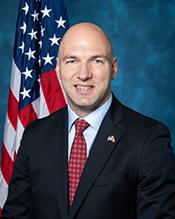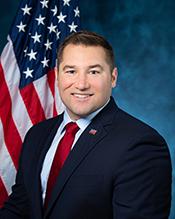0
CONFUCIUS Act
1/11/2023, 1:48 PM
Summary of Bill HR 2622
The CONFUCIUS Act aims to increase transparency and oversight of Confucius Institutes by requiring these centers to disclose their funding sources, curriculum, and agreements with host institutions. The bill also prohibits federal funding from being used to support Confucius Institutes that do not comply with these transparency requirements.
Additionally, the CONFUCIUS Act seeks to protect academic freedom by prohibiting Confucius Institutes from exerting influence over the curriculum or activities of host institutions. The bill also requires the US Secretary of State to create a list of foreign entities, including Confucius Institutes, that are deemed to be a threat to academic freedom in the United States. Overall, the CONFUCIUS Act aims to address concerns about foreign influence on US college campuses and protect academic freedom. It is currently being debated in Congress, with supporters arguing that it is necessary to safeguard American institutions from undue foreign influence, while opponents raise concerns about potential negative impacts on cultural exchange and education.
Congressional Summary of HR 2622
Concerns Over Nations Funding University Campus Institutes in the United States Act or the CONFUCIUS Act
This bill addresses China's influence on postsecondary educational institutions through Confucius Institutes, which are cultural institutes directly or indirectly funded by the Chinese government.
Specifically, the bill establishes requirements for postsecondary educational institutions that receive federal funding and that have contracts or agreements with Confucius Institutes. The contracts or agreements must include clear provisions that (1) protect the academic freedom of the institutions; (2) prohibit the application of foreign law on the institutions' campuses; and (3) grant full managerial authority of the institutes to the institutions, including full control over teaching plans, activities, research grants, and employment decisions.




